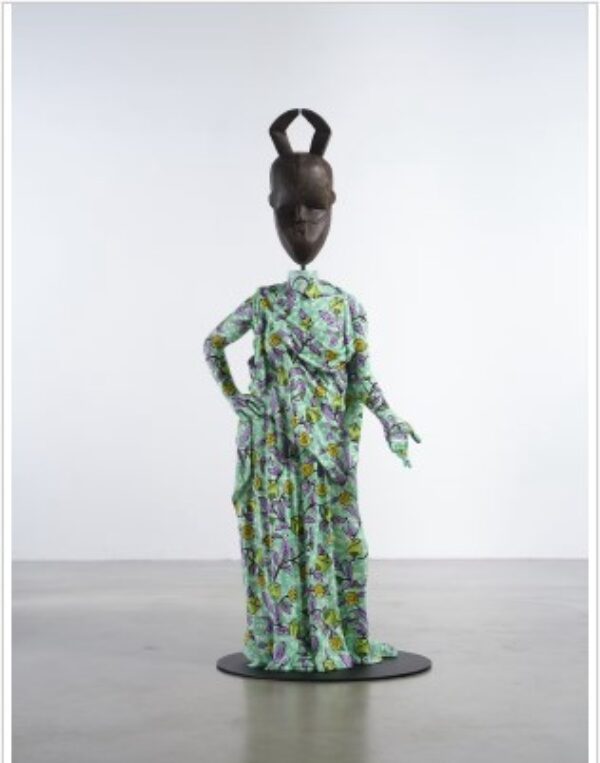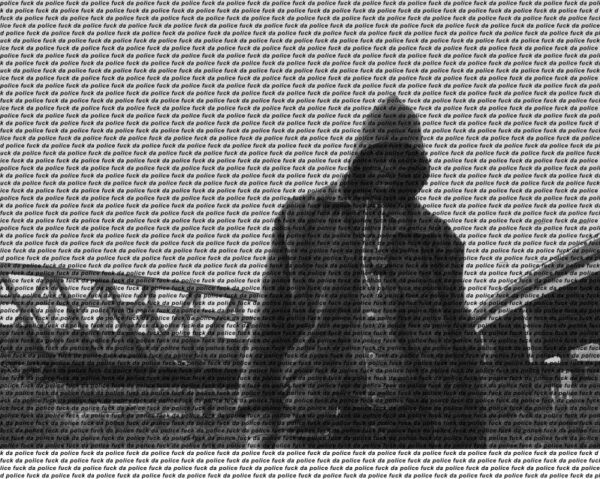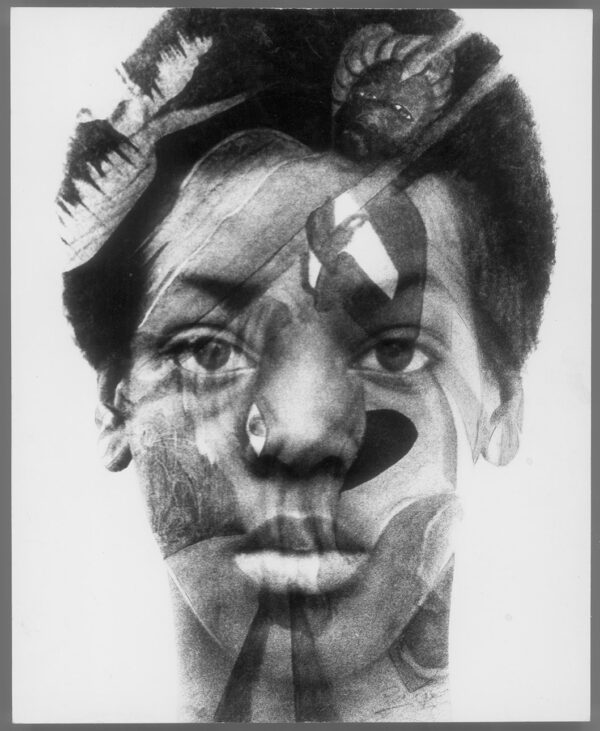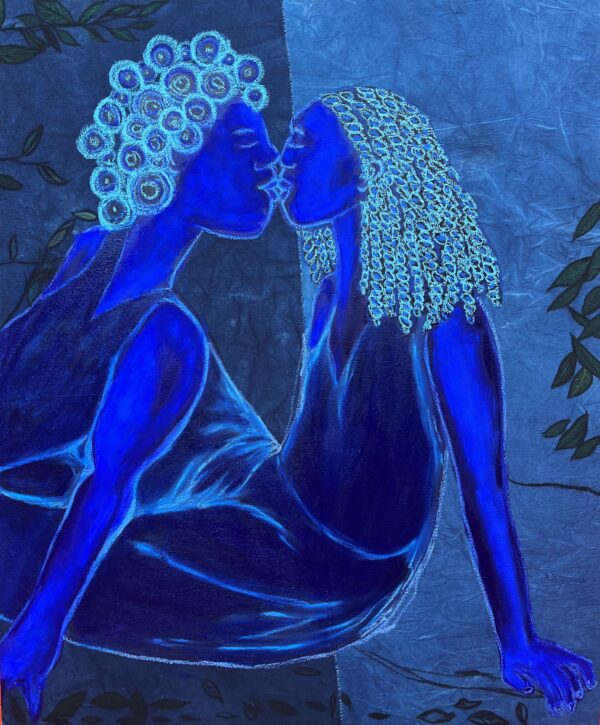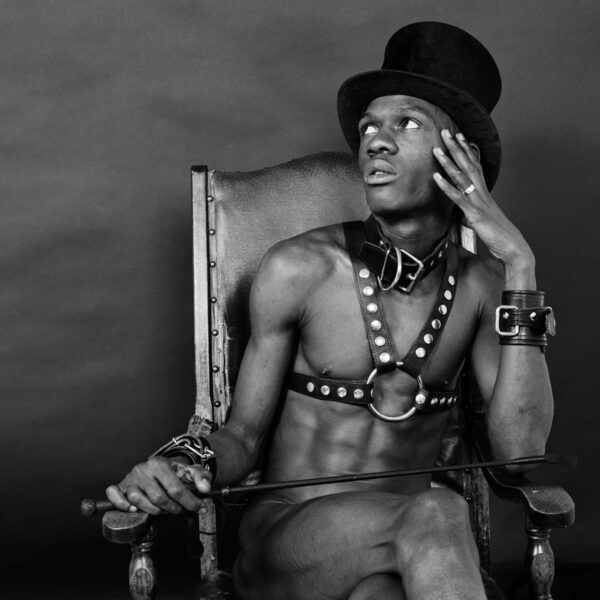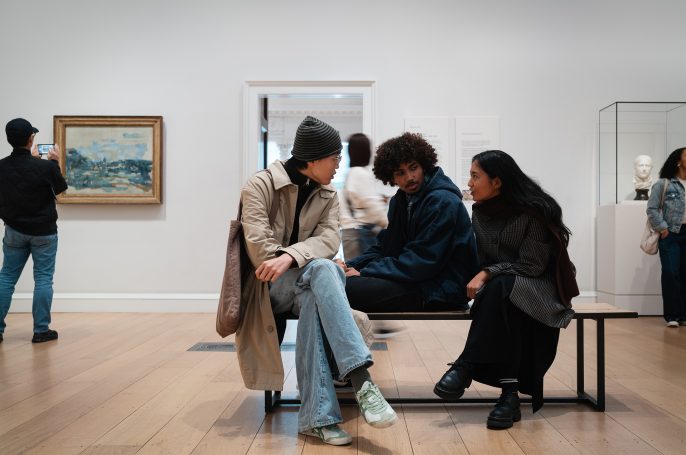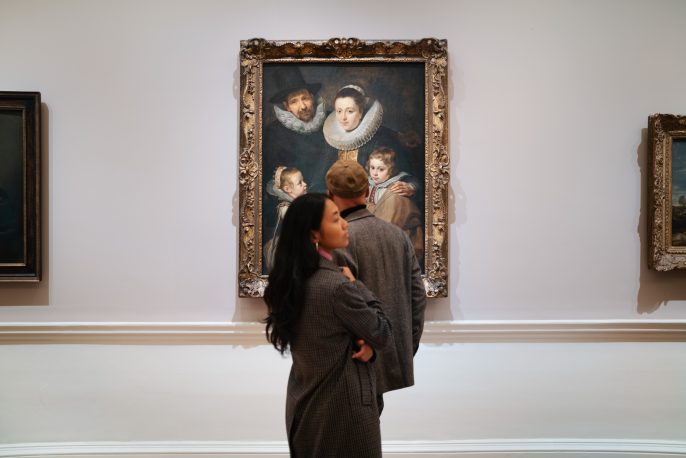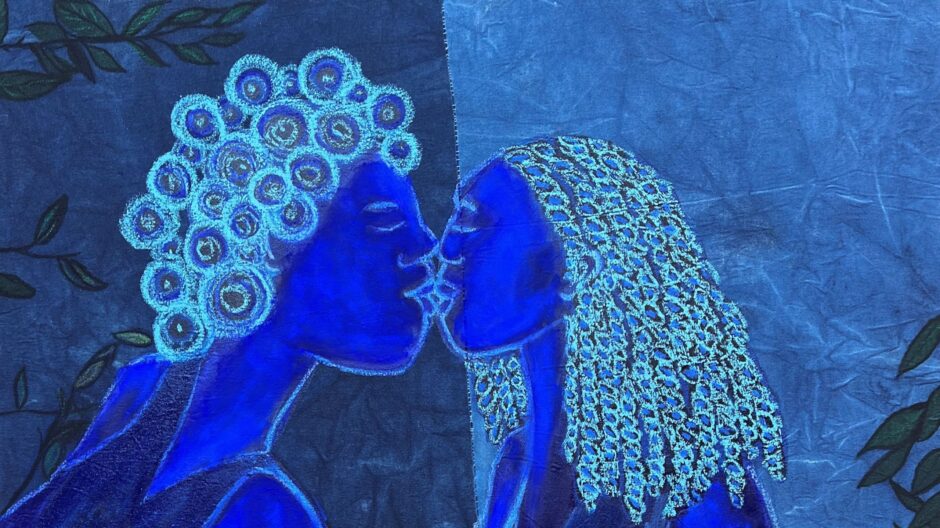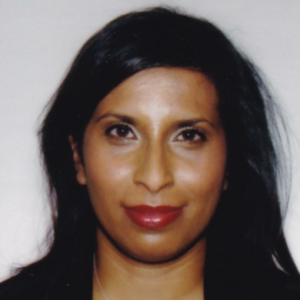Applicants to this Special Option are eligible to apply for a Manton M.A. Scholarship for Studies in British Art
This MA special option considers the formation of Black British art and its changing iterations from the postwar period to the present day. Embedded in a need for representation and often evolving through cultural and political resistance, postwar Black British art has a pivotal yet complex role within British history and the larger context of a global Black diaspora and its art histories, including Black Modernism. The study of Black British art is transdisciplinary encompassing art, photography, film, literature, fashion, performance, sound, and oral cultures. Foregrounding the field as social, political, and cultural practice, the course is structured both chronologically and thematically to examine historical and critical developments. In tandem, we evaluate the influence of significant Black art exhibitions, designated Black art spaces, and more recently, mainstreaming, integration and its critique.
We will consider how questions of media specificity, innovation, and Blackness became linked in this period and continues to permeate for contemporary Black British artists including queer, trans, gender non-conforming and non-binary artists and their practices signifying a new politics and ecology of identities. Reading with and through an interdisciplinary lens, connecting to wider fields of Black diasporic cultural forms, histories and theories is encouraged. With the resurgence of national and international interest as demonstrated by John Akomfrah representing Great Britain at the Venice Biennale in 2024 following Sonia Boyce’s Golden Lion Award for her preceding presentation in 2022, Veronica Ryan’s Turner Prize award in 2023 as well as recent major solo exhibitions including Donald Rodney, Yinka Shonibare, and Lynette Yiadom-Boakye, this special option is a timely reassessment of the contribution of Black British aesthetics and practices.
As a burgeoning field, the option offers rich opportunities for in-depth exploration towards further study, professional work, and curation. The special option will benefit students interested in Modern and Contemporary art, British Art Studies, Black and Cultural Studies as well as postwar British history and narratives of race, identity, empire, migration, postcolonial, and decolonial methodologies. Complemented by museum, gallery, archival, and studio visits, the course includes guest lectures by artists and is anticipated to include a study trip to Europe or the United States in 2025. As well as those mentioned above, artists for study may include Aubrey Williams, Sir Frank Bowling, Donald Locke, F.N. Souza, Steve McQueen, Hew Locke, Alberta Whittle, Black Audio Film Collective, Keith Piper, Claudette Johnson, Thomas J. Price, Horace Ové, Lubaina Himid, Barbara Walker, Larry Achiampong, Rotimi Fani-Kayode, Chila Kumari Burman, Harold Offeh, Hamad Butt, Vanley Burke, Leah Kirby (CYRO), Lakwena Maciver, Chris Ofili, and others. As issues of immigration, nationalism, and decolonization re-emerge as critical questions, this special option situates Black British art as a significant global field for our contemporary present. No formal language requirement other than proficiency in English.
In the event that a course leader is on sabbatical, takes up a fellowship, or otherwise is not able to teach the course, they will be replaced by another experienced course leader either for a semester or, in some cases, the academic year.
Please note: whilst many Special Options will include site visits within the UK and further afield, these are subject to confirmation.
Course Lead
